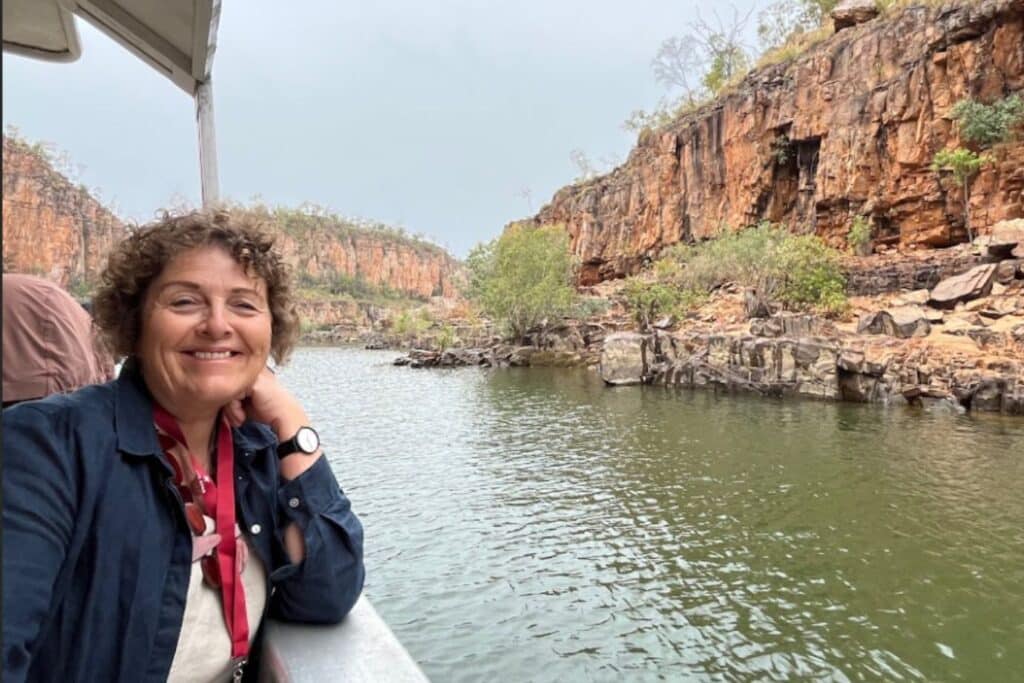
BREAKING: A new report reveals a silent crisis impacting women as they approach retirement, with many facing a profound identity crisis. The phenomenon, termed the “identity cliff,” highlights the emotional turmoil experienced by successful women who suddenly find themselves without their professional titles and networks.
Just announced by experts, this issue is particularly urgent as it affects millions of women globally. According to the ARC Centre of Excellence in Population Ageing Research, by 2050, Australians aged 55 and over will represent around 40 percent of the adult population, leading to a growing number of women navigating this critical life transition.
As women retire from demanding careers, they often encounter a sudden void of purpose and structure. The shift from being recognized as leaders—be it as a Deputy Dean, Professor, or corporate executive—to feeling invisible can be jarring. One woman, who retired in 2020, described her experience as a “deep professional loss” compounded by personal tragedy, emphasizing the urgent need for emotional support during this transition.
Many women are left asking, “Who am I without my job title?” This question reflects a broader societal blind spot, leaving a generation of women to grapple with their identities alone. The irony is stark: these are the same women who significantly contributed to building the modern workforce.
At The Main Act, co-founded by a mother-daughter duo, there is a push to address this gap. They advocate for a new approach to retirement, centered on the “3Ps”: a meaningful purpose, a structured plan, and a supportive network. These elements are essential for a fulfilling post-career life.
The co-founder, Prue, emphasizes that while financial planning is crucial, it only covers half the story. Women need to redefine their identities and find new pathways to fulfillment in retirement. Practical steps include:
1. **Take Small Steps**: Begin with manageable changes toward new interests or passions.
2. **Seek Validation Internally**: Recognize that external approval is not necessary for personal growth.
3. **Eliminate “Should”**: Replace it with “could” to foster a mindset of possibilities.
4. **Design Your Days**: Create a structured yet flexible routine that aligns with your new goals.
The call to action is clear: as midlife and retirement emerge as significant transitions, society must address them with ambition and support. This is not an end but a transformative opening, and women are encouraged to take control of their narratives.
As awareness grows, it’s crucial to start discussions about this identity crisis. Women are not merely falling off the identity cliff; they have the power to build their bridges—one intentional step at a time.
Stay tuned for more updates as this story develops, and join the conversation about redefining life after work.






